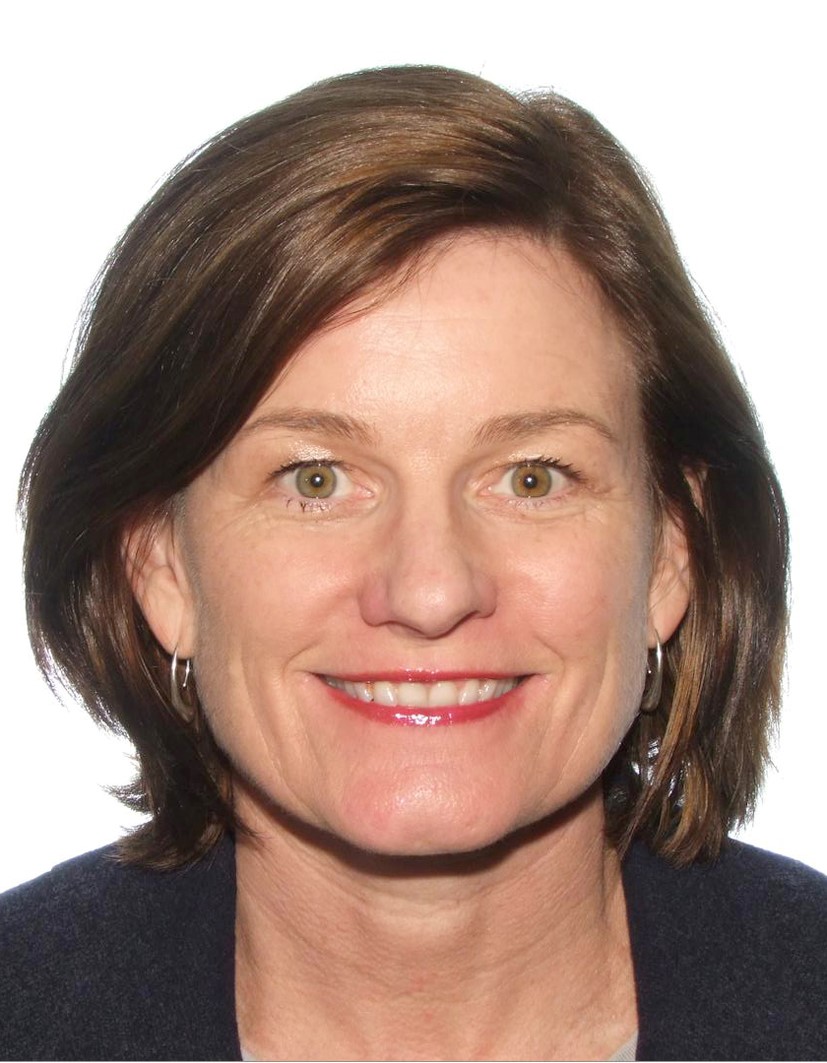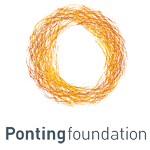
For many people the word ‘cancer’ is only understood in the broadest of terms. For those who live with cancer, the real meaning is far more complex. The Ponting Foundation asked one of the world’s leading cancer experts, Dr Maria McCarthy, for an insight into what children with cancer and their families face once diagnosis is confirmed.
Childhood Cancer: The Journey
A diagnosis of childhood cancer represents a significant challenge to those affected children and families. The trajectory from diagnosis to treatment is inescapably rapid and families are propelled into a world of hospitalisation, medical terminology and an array of procedures and therapies with little opportunity to adapt to this new reality. These families must navigate an unfamiliar medical environment that potentially challenges the psychological, emotional, financial, and social resources of the family unit.
Whilst the resilience and competency of these children and families as they face this disease is well recognised, the burden presented by childhood cancer and the treatments themselves, is significant. For a child or adolescent, a diagnosis of cancer presents multiple challenges as they undergo intensive cancer therapies that may involve pain, distress, multiple medical procedures and hospitalisations. Childhood cancer also presents a major disruption to the normal developmental trajectory of children and adolescents, potentially impacting upon family and social relationships, developmental and educational achievements, body image and self-identity. Within the context of parenthood, childhood cancer is inevitably a traumatic diagnosis. Support for parents is essential as they undertake their crucial role as caregivers throughout the illness journey and beyond. Further, the impact upon siblings, grandparents and extended family members, and the community, cannot be under estimated.
As modern childhood cancer therapies have resulted in improved treatment outcomes, the longer-term implications of survivorship have become increasingly important. It is now well recognised that the period following the end of treatment may represent a difficult time for children and families as they attempt to regain a sense of normality following their illness experience. For some children and adolescents, particularly those with significant late effects of their illness, such as medical morbidities, cognitive and learning difficulties or psychosocial difficulties, long-term healthcare surveillance and treatment may be required. Still other families must face the reality of losing their child and these bereaved families require ongoing care as they manage such loss.
Extraordinary advances in medical treatments over recent decades have meant that long-term cure is a reality for the majority of children affected by cancer. However many challenges remain; to continue to strive for cure and improved survival outcomes, to ensure comprehensive healthcare resources that can address the many complex needs of these children and families, and to ensure our community continues to recognize its responsibility to care for some its most vulnerable members.
Dr Maria McCarthy, Director of the Psycho-Oncology Program, Royal Children’s Hospital Children’s Cancer Centre and an Honorary Research Fellow at the Murdoch Childrens Research Institute

